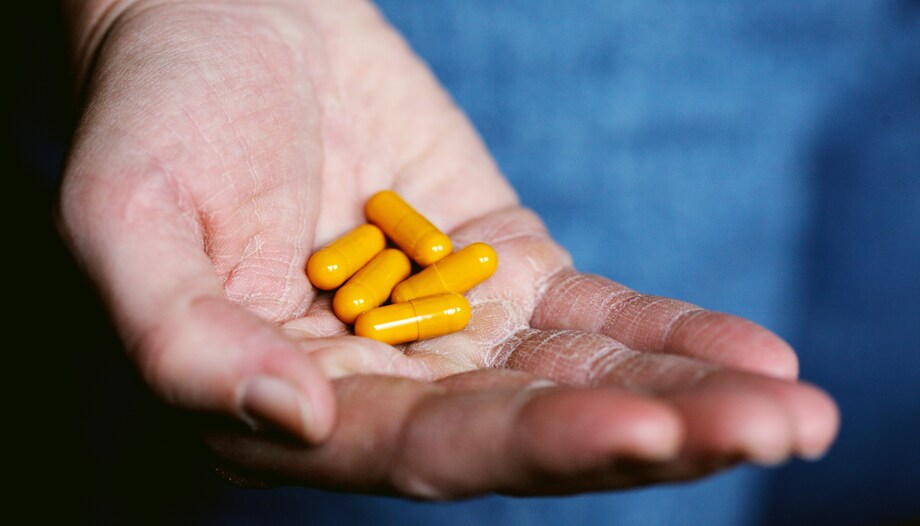All the Lopez G. family met after a long time to spend time together, reuniting brothers, cousins, uncles, aunts, uncles and grandparents. They shared with sadness a reality that is beyond us: 6 of the young people in the family, cousins among them, were already in advanced stages of addiction to drugs and alcohol. The comments expressed, in a veiled way, a kind of surrender to the phenomenon: "youth is lost, there is nothing more we can do, we have already tried everything, friends are more influential than parents and siblings", etc.
The Church is aware of this problem and, although not enough, has been acting effectively, in coordination with medical, legal and specialized institutions for quite some time.
Pope Francis recently asked us not to give up in the face of the phenomenon and to fight in a coordinated manner to combat this evil: we are working hard on recovery, but we need to invest much more in prevention, he warned.
A few years ago, the Dicastery for the Service of Integral Human Development organized an international conference entitled "Drugs and Addictions, an Obstacle to Integral Human Development. In it, Archbishop Pietro Parolin stated that the phenomenon of addictions was described as a worldwide emergency for decades, and today it is presented as a pandemic with multiple and changing facets.
The lack of values has a particular impact on young people who, unable to find answers to their legitimate questions about the meaning of life, seek refuge in drugs, the Internet or gambling, receiving in exchange fragments of ephemeral pleasures instead of longing for freedom and true happiness.
In 16 states in the United States and in other countries, for example, the use of cannabis has been "legalized". A whole sophisticated world has been built around its acceptance and the idea is sold that its recreational use is harmless.
However, experts such as Nora Volkov, director of the U.S. National Institute on Drug Abuse (NIDA), conclude that although not all users will develop dependence, it is known that 98 % of heroin users started using cannabis. They also state that the coincidence of three factors exponentially increases the risk of acquiring diseases such as schizophrenia and other types of psychosis. These factors are: regularity of use, early age of onset (15 years) and high content of HTC (psychoactive constituent of cannabis).
On the other hand, it is known that the legal marijuana business generates 280 million dollars in taxes in the state of Colorado alone, more than those generated by the sale of alcohol and tobacco combined, which is very good credit! But it is curious that by law, what is received for this item is specifically destined to the health system and services for drug addicts. Since its legalization in these states, cases of suicide, domestic violence, hospitalizations and drug-related deaths have increased.
Of course the production, sale and distribution of drugs is a very successful business, but do we have to get rich at the cost of so much pain? By being creative, could we generate businesses that contribute to the common good? Wouldn't it be much better to allocate resources to prevention? It seems utopian, but it depends on the sum of our wills!
In the words of Cardinal Peter Turkson: "We are called to care for one another, so it is important to promote a culture of solidarity and subsidiarity oriented to the common good; a culture that is opposed to selfishness and utilitarian and economic logic, and that instead leans towards the other to listen to him, in a path of encounter and relationship with our neighbor, especially when he is more vulnerable and fragile, such as those who abuse drugs".
Pope Francis listed some successful efforts in recovery such as the groups called "cenacles" where Christ reigns and community life together with good habits are healing and rebuilding lives. He also proposed some prevention solutions: job opportunities, education, sports, healthy living: this is the way to drug prevention, he said.
If we see this phenomenon growing in our environment, let's not let our guard down, there is so much to do!
Let us calmly consider these recommendations of the Pope and commit ourselves to act in the field in which we can do so. You can influence politics with laws that work in favor of prevention; in education with well thought-out campaigns promoting values and worthy ideals; in the labor field generating employment for young people; in sports or art promoting tournaments, exhibitions and competitions that motivate young people to use their time in a creative and healthy way; in your family, living together with joy, avoiding bad examples, enjoying nature and sowing culture and faith.
We are all called to live with the dignity of God's beloved children. His face is in each of our brothers and sisters! For the love of God, let us work on prevention and reduce to a minimum the consumption of drugs and alcohol.








